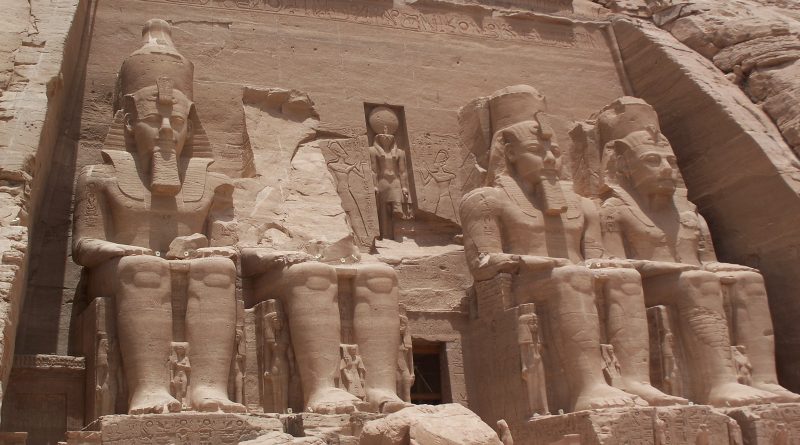The Diplomacy Cable 03/14/2017
The Diplomacy Cable
With the invention of the telegraph cables in the 19th century, international consulates and embassies began sending shorter encrypted telegrams, using Morse Code. While the messages are now sent electronically, the moniker “cable” stuck and the term is still in use today for shorter, encrypted diplomatic messages.
Pharaoh Ramses II
A torso of a huge statue was discovered in the northeast of Cairo. The statue could depict the famous pharaoh Ramses the Great, and it could be around 3,000 years old. According to BBC, the relics were found close to the temple of Ramses II.
–
Tasmanian Devils
“Scientists reveal they have for the first time successfully treated Tasmanian devils suffering from the deadly devil facial tumour disease” reports ABC. There is hope that this will help speed up the development of an effective vaccine.
–
US, China, and North Korea’s Nuclear Weapons
According to the Telegraph, the United States has rejected China’s proposal on North Korean Weapons. The proposal could halt North Korea’s nuclear weapons program so long as the United States and South Korea stop engaging in military activities in the region.
–
European Court of Justice and the Headscarf Ban
European Court of Justice (ECJ) has ruled that companies are allowed to ban staff from wearing religious and political symbols. According to the Guardian, “it ruled that a company’s wish to project a neutral image was legitimate and allowed internal rules banning political, philosophical or religious symbols.”
–
Somali Pirates Back?
On Monday, a Greek-owned oil tanker disappeared off the coast of Somalia. This has raised concerns that Somali pirates could be back in action after almost five years of inaction. CNN reports that there are at least eight crewmembers on board the missing vessel.
–
Diplomacy Fast Facts:
Who is the head of state that has visited the most countries?
Pope John Paul II visited 129 countries. Queen Elizabeth II comes in second having visited 120 countries.
–
Patricia Mace is a second semester graduate student at Seton Hall University. She is currently pursuing her master’s degree in Diplomacy and International Relations with a specialization in global negotiation and conflict management. She received her undergraduate degree in History, Japanese, and International Relations from University of Delaware.
Erin Dobbs is a second year graduate student at Seton Hall University. She is pursuing her master’s degree in diplomacy and international relations with specializations in foreign policy analysis and global negotiation and conflict management. She received her undergraduate degree in political science and history from Villanova University.
Follow the Journal of Diplomacy on Twitter at @JournalofDiplo

